Question-------------------------
Well, ok I can't be 100% they are gone but at any rate I'm 99% certin they are gone cause I have looked for 5 days and still no sign, there is lots of caves and tree roots so yes, she might have hid them very well but at any rate how many times do I let her breed? I raised the temp to 80 from 76 and that is when the action started. The little I have read told me to do that and it worked. But I cant seem to find out how long I should let them go. Every 3 weeks seems a little fast but I really have no clue. And if you could maybe give me some general ideas of how to help the pair out with their needs, genreral breeding info I guess. I am new to this so it is all really forgein. Thanks again for you time and efferts!! Jeremy
Followup To
No, I checked she ate them and I didn't even disturbe them this time. She moved the wiglers once and I could see her with them but now, no more babies. The first brood she moved four to five times, but wasn't till the water change that she wigged out. The 2nd time I was just letting them be and they didn't even get past the wrigling stage. How can I help put them at ease so she won't eat them? Will she continue to eat them or will she try to raise them at some point? Also how many times should I let her try till I lower the water temp and give her a break? Jeremy
Hi Jeremy,
How high do you have the water temp? I wouldn't have it
much above 80.
I guess I'm unclear how you can be sure that she hasn't hidden the wrigglers in another pit somewhere? Is this a bare tank? If so, that might be your problem. She needs to have lots of places to hide the kids.
AnswerHi Jeremy,
If it were me, I would leave it at 80 indefinitely. They seem to be doing fine.
Sometimes with Central Americans it takes them a few times to get it right. I wouldn't change anything. There really isn't anything that you can or should do -- it is up to them.
-- Ron
rcoleman@cichlidresearch.com
Cichlid Research Home Page <http://cichlidresearch.com>

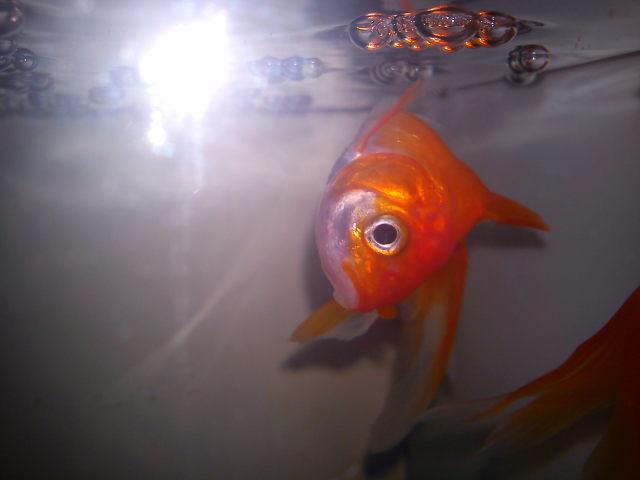 Fancy Goldfish in Distress
Question
Raf
Hello I dont know where to turn the
Fancy Goldfish in Distress
Question
Raf
Hello I dont know where to turn the
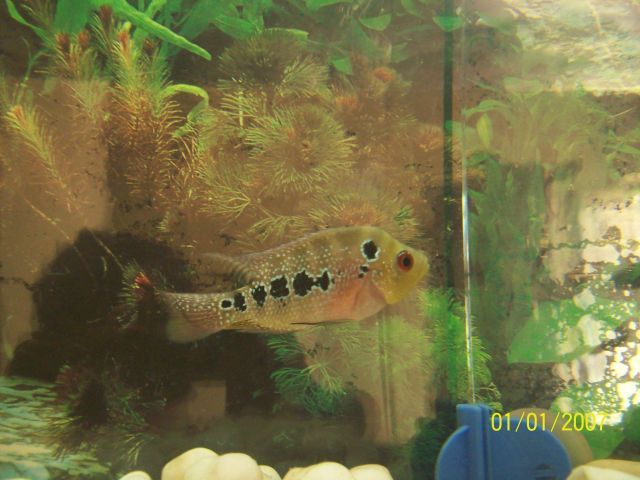 FH
QuestionFH
QUESTION: Question
my flower horn
IS
FH
QuestionFH
QUESTION: Question
my flower horn
IS
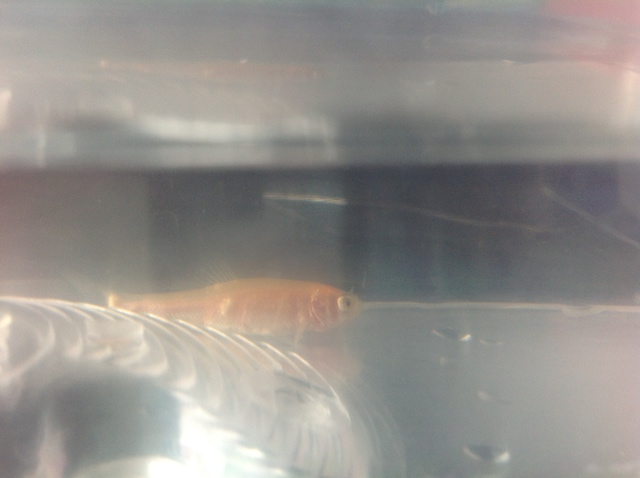 My fish has weird bumps
Question
Side view Front view
Hi there! I
My fish has weird bumps
Question
Side view Front view
Hi there! I
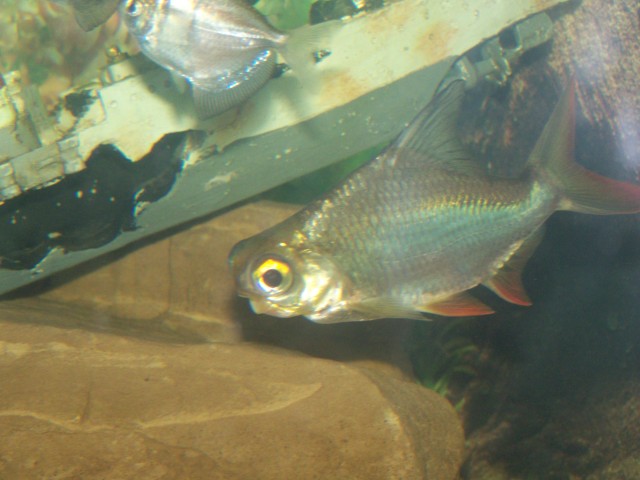 identify my freshwater fish
Question
Google the Mystery fis
Got this guy a year ago
identify my freshwater fish
Question
Google the Mystery fis
Got this guy a year ago
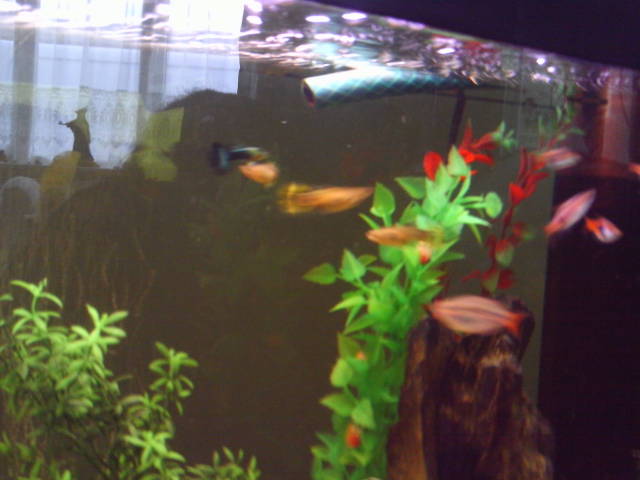 Guppies and Baby Mollies
Question
My Guppy
Hi,
I have a 3 ft by 1 ft ta
Guppies and Baby Mollies
Question
My Guppy
Hi,
I have a 3 ft by 1 ft ta